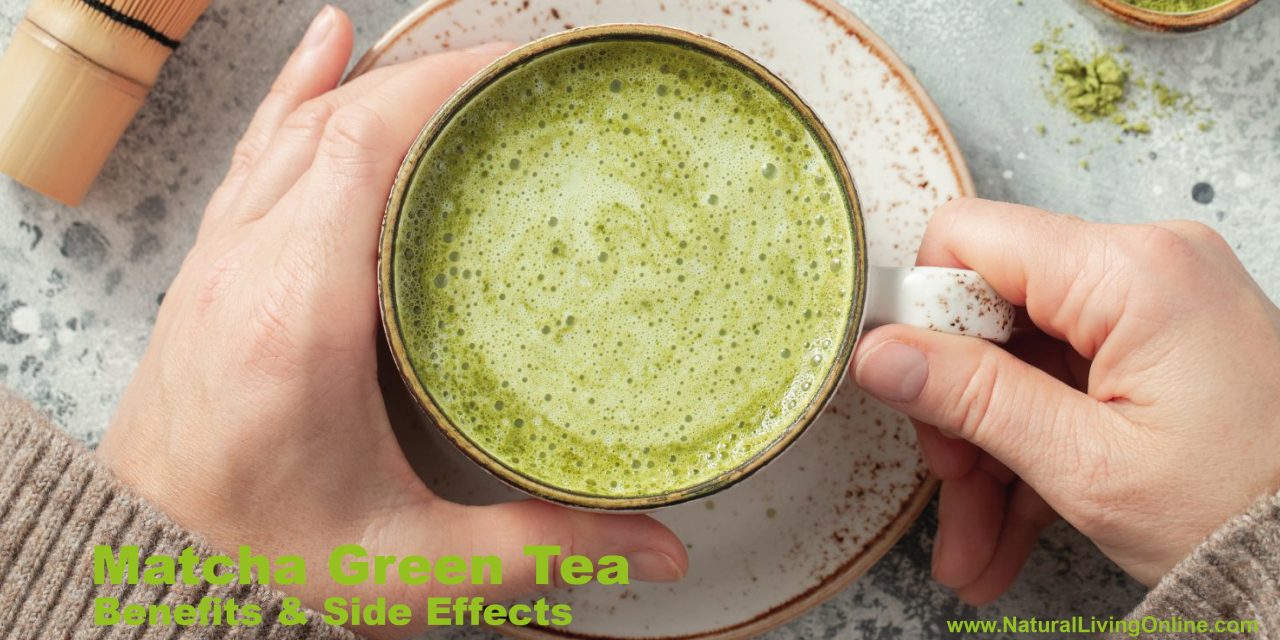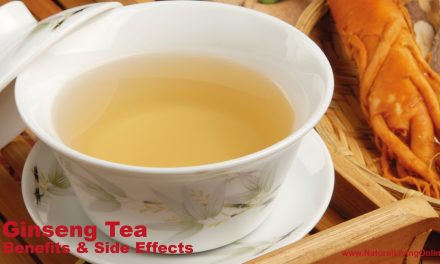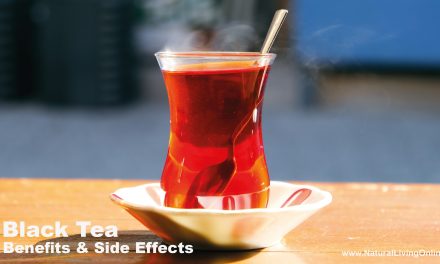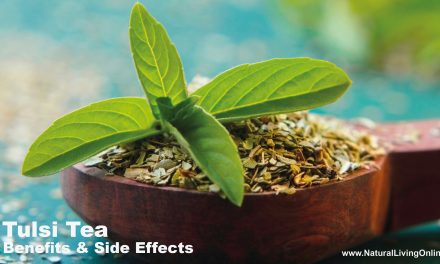Matcha green tea has gained popularity as a healthy drink option in recent years. This vibrant green powder is made from specially grown and processed tea leaves, offering a unique flavor and potential health benefits. Many people enjoy matcha for its smooth taste and energy-boosting properties.
Matcha tea contains high levels of antioxidants, caffeine, and amino acids that may support overall health and wellbeing. These compounds work together to provide a range of potential benefits, from improving brain function to protecting against certain diseases. Matcha also has a rich cultural history, having been used in traditional Japanese tea ceremonies for centuries.
Drinking matcha can be a simple way to add nutrients to your daily routine. It’s easy to prepare and can be enjoyed hot or cold, making it a versatile addition to many diets. As more research emerges, the potential health advantages of matcha continue to grow, making it an intriguing option for those looking to enhance their wellness through natural means.
Key Takeaways
- Matcha is rich in antioxidants and may offer various health benefits
- It can be easily prepared and enjoyed in different ways
- Regular consumption might support brain function and overall wellbeing
Chemical Composition and Nutritional Profile
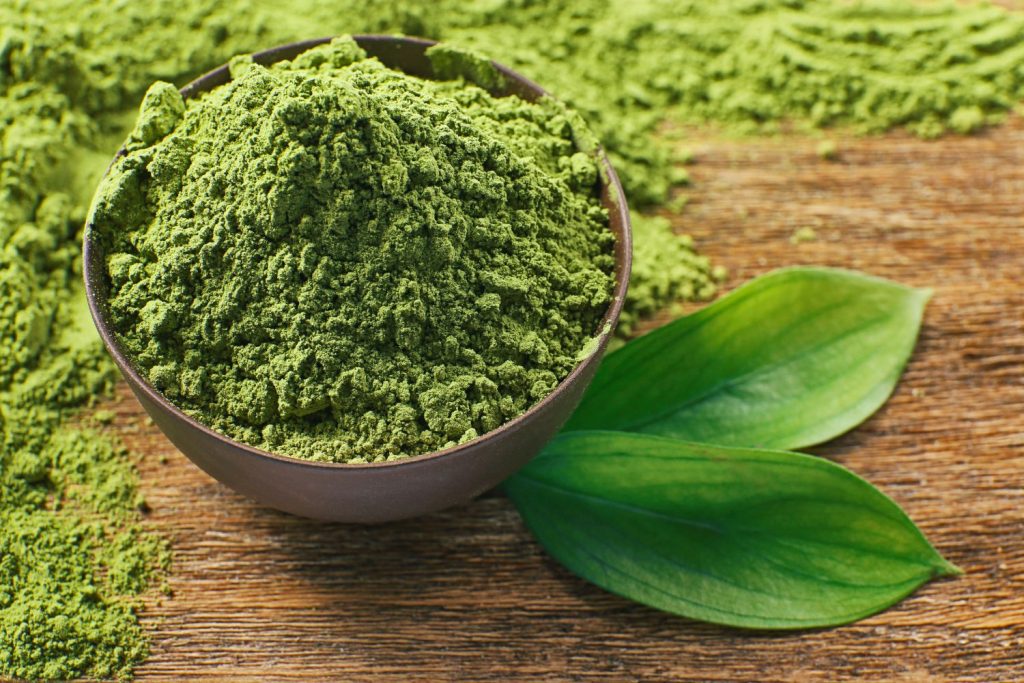
Matcha green tea contains a unique blend of nutrients and bioactive compounds. These elements contribute to its health benefits and distinctive flavor profile.
Vitamins and Minerals
Matcha is rich in several vitamins and minerals. It contains vitamin C, which supports immune function and skin health. The tea also provides vitamin A, important for eye health and immune function.
Matcha offers a good source of potassium, which helps regulate blood pressure. It also contains small amounts of calcium, iron, and magnesium.
The tea is particularly high in chlorophyll, giving it its vibrant green color. Chlorophyll may help with detoxification and blood cell production.
Unique Phytochemicals in Matcha
Matcha is packed with powerful antioxidants called polyphenols. These include catechins, a type of flavonoid that may help protect against cell damage.
The most abundant catechin in matcha is epigallocatechin gallate (EGCG). EGCG has been linked to various health benefits, including potential cancer-fighting properties.
Matcha also contains L-theanine, an amino acid that may promote relaxation without drowsiness. This compound works synergistically with caffeine to provide a calm, focused energy.
The tea’s unique growing process enhances its nutritional profile. Shading the plants before harvest increases chlorophyll, L-theanine, and catechin levels in the leaves.
Health Benefits Linked to Matcha Consumption
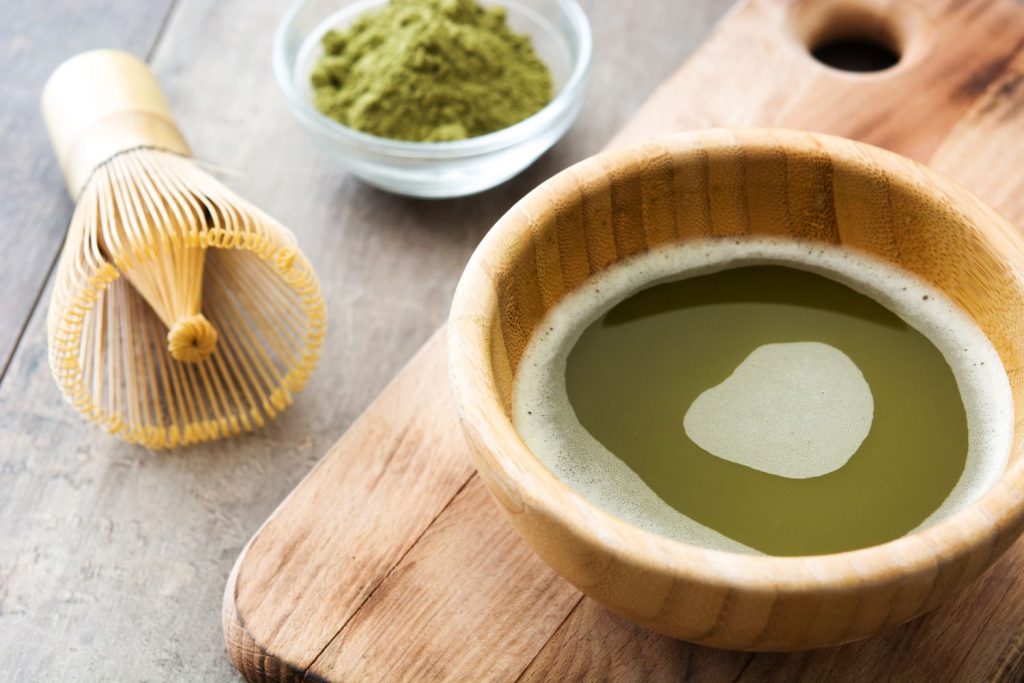
Matcha green tea offers many potential health benefits. It contains powerful compounds that may improve brain function, protect the heart, and aid in weight control.
Cognitive Function and Mental Health
Matcha contains caffeine and L-theanine, which can boost brain performance. These compounds may help improve focus, memory, and reaction time.
L-theanine promotes relaxation without drowsiness. This can lead to better mental clarity and reduced stress.
Studies suggest matcha may also help prevent age-related cognitive decline. Its antioxidants protect brain cells from damage.
Heart Health and Cancer Prevention
The antioxidants in matcha may lower the risk of heart disease. They can reduce “bad” LDL cholesterol and increase “good” HDL cholesterol.
Matcha’s EGCG compound may help prevent the formation of blood clots. This lowers the risk of heart attacks and strokes.
Some research indicates matcha could help fight certain cancers. Its antioxidants may stop tumor growth and kill cancer cells. More studies are needed to confirm these effects in humans.
Weight Management and Metabolic Impact
Matcha may boost metabolism and increase fat burning. This can aid in weight loss and management.
The tea’s compounds might help reduce blood sugar levels. This could be beneficial for people with or at risk of type 2 diabetes.
Matcha’s caffeine content can increase energy expenditure. This means the body burns more calories throughout the day.
Regular matcha consumption may also help reduce belly fat. This type of fat is linked to many health problems.
Matcha in Culinary Use and Recipes
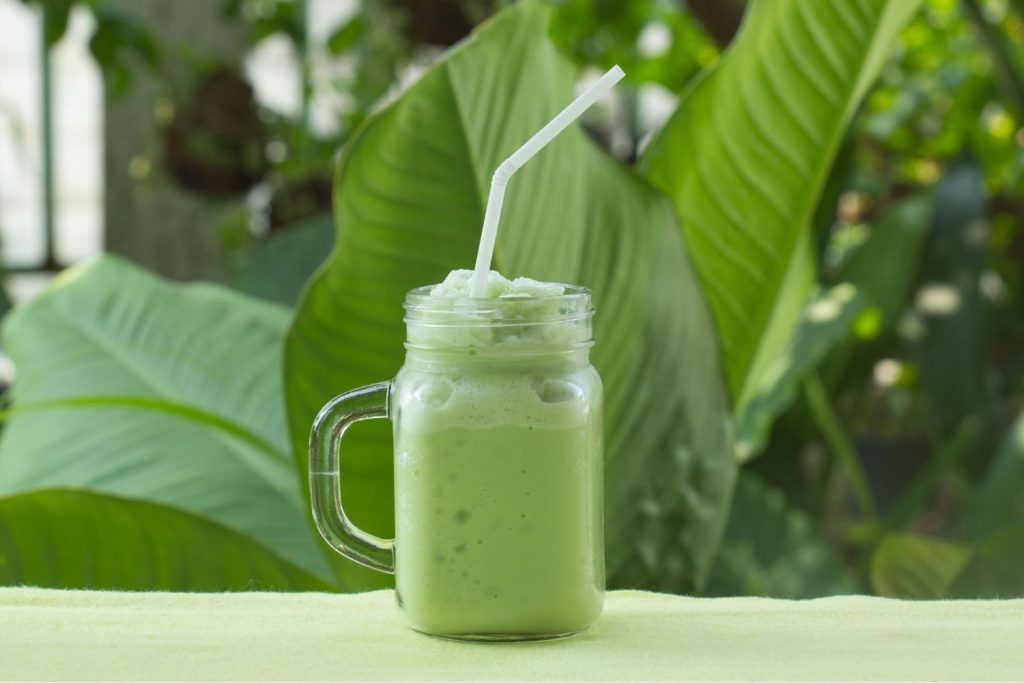
Matcha green tea powder has many uses beyond traditional tea. It adds unique flavor and color to both sweet and savory dishes.
Traditional and Ceremonial Uses
In Japan, matcha plays a key role in tea ceremonies. A bamboo whisk mixes the powder with hot water to create a frothy drink. This method brings out matcha’s rich taste and smell.
Organic matcha is often used for these events. The tea master carefully prepares each cup. Guests enjoy the tea along with small sweets.
Outside of ceremonies, people drink matcha as a daily beverage. They may add milk to make a matcha latte. The green tea powder gives a nice color and flavor to the drink.
Modern Culinary Innovations
Chefs now use matcha in many recipes. It works well in both sweet and savory foods. Bakers add it to cakes, cookies, and ice cream for a green tint and mild taste.
Matcha smoothies are a popular breakfast option. The powder mixes easily with fruits and yogurt. Some people sprinkle matcha on oatmeal or add it to salad dressings.
Matcha can also flavor savory dishes. It gives a nice taste to soups, sauces, and even popcorn. Cooks use it to coat fish or chicken before cooking. The green color makes food look more appealing on the plate.
Comparisons with Other Beverages
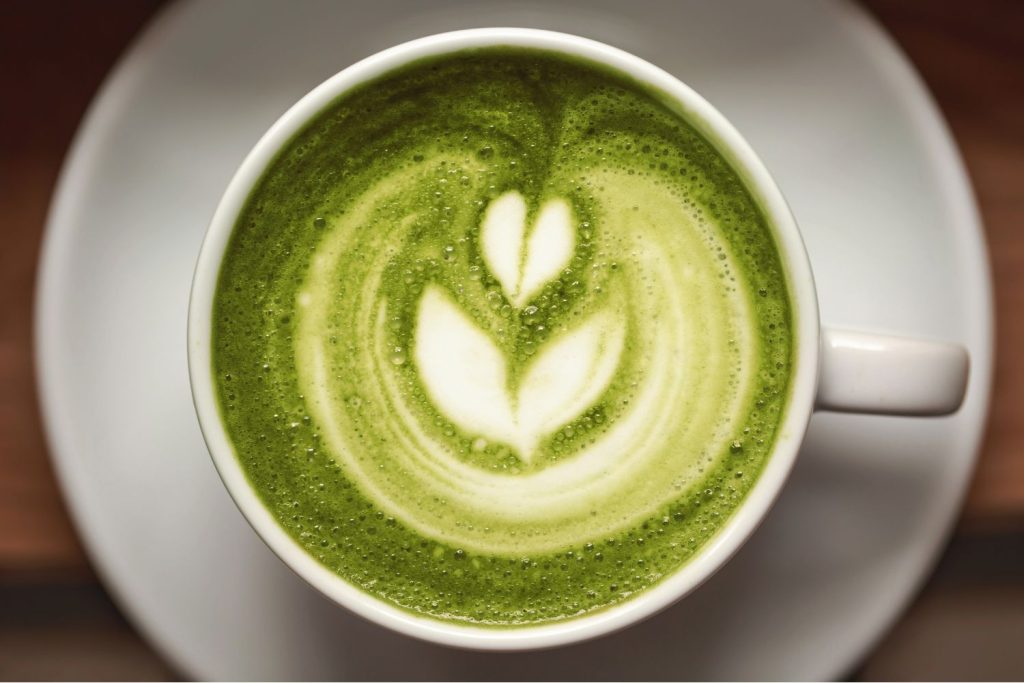
Matcha and other popular drinks have different effects on health and energy. Let’s look at how matcha compares to regular green tea and coffee.
Matcha vs. Traditional Green Tea
Matcha and green tea come from the same plant, but they differ in how they’re grown and prepared. Matcha is made from shade-grown tea leaves that are ground into a fine powder. This process boosts its nutrients.
Matcha has more caffeine than regular green tea. A cup of matcha can have 70 mg of caffeine, while green tea usually has 35 mg. This means matcha gives a bigger energy boost.
Matcha also has more antioxidants. It’s especially high in catechins, which may help fight cancer and heart disease. Green tea has these too, but in smaller amounts.
The taste is different as well. Matcha has a stronger, grassier flavor. Green tea is lighter and more subtle.
Matcha vs. Coffee
Matcha and coffee both wake you up, but they do it differently. Coffee has more caffeine, with about 95 mg per cup. Matcha has less, around 70 mg.
But matcha gives a smoother energy boost. The caffeine in matcha is released slowly, leading to steady alertness without jitters. Coffee’s effects can be more sudden and intense.
Matcha has L-theanine, an amino acid that promotes calm focus. This can balance out caffeine’s effects. Coffee doesn’t have L-theanine.
Matcha offers more health benefits. It’s packed with antioxidants that may lower cancer risk and boost heart health. Coffee has some health perks too, but not as many as matcha.
Safety, Side Effects, and Considerations
Matcha green tea offers health benefits but also requires care in consumption. Proper dosage and potential reactions are important factors to consider.
Proper Dosage and Moderation
The safe amount of matcha varies by person. Most adults can drink 1-2 cups daily without issues. Pregnant and breastfeeding women should limit intake to 1 cup per day. People with liver problems should talk to a doctor before drinking matcha regularly.
Moderation is key. Too much matcha can cause side effects from excess caffeine. It’s best to start with small amounts and increase slowly. Pay attention to how your body reacts.
Potential Adverse Reactions
Some people may have side effects from matcha. These can include:
- Headaches
- Anxiety
- Trouble sleeping
- Upset stomach
- Dizziness
Rarely, severe allergic reactions can occur. Symptoms may include breathing problems, itching, or rash. If this happens, get medical help right away.
Matcha can interact with certain drugs. It may affect how the liver processes medications. Always check with a healthcare provider before drinking matcha if you take any medicines.
Pesticides and contaminants are a concern with some matcha products. Choose high-quality, organic brands to reduce these risks.
Frequently Asked Questions
What are the potential health advantages of consuming matcha in the morning?
Drinking matcha in the morning may boost energy and focus. The tea contains caffeine and L-theanine, which can improve alertness and concentration. Matcha also provides antioxidants that support overall health. These compounds may help protect cells from damage and reduce the risk of certain diseases.
Can matcha tea consumption lead to any adverse side effects?
Some people may experience caffeine-related side effects from matcha. These can include jitters, increased heart rate, or trouble sleeping if consumed late in the day. Matcha can also interfere with iron absorption. Those with iron deficiency should consult a doctor before adding matcha to their diet.
How does matcha contribute to skin health?
Matcha contains antioxidants that may benefit skin health. These compounds can help protect the skin from UV damage and signs of aging. The tea’s anti-inflammatory properties might also reduce skin redness and irritation. Regular consumption may lead to a clearer, more youthful complexion.
What distinguishes matcha from traditional green tea in terms of health benefits?
Matcha contains more nutrients than regular green tea. The whole tea leaves are ground into powder, providing a higher concentration of antioxidants and other beneficial compounds. Matcha also delivers more caffeine than steeped green tea. This can result in stronger effects on energy and metabolism.
Is there evidence to support matcha’s role in female health and wellness?
Some studies suggest matcha may have specific benefits for women’s health. Its antioxidants might help reduce the risk of certain female cancers. Matcha’s potential to support bone health could be particularly beneficial for women, who are at higher risk of osteoporosis.
Are there anti-inflammatory properties associated with drinking matcha tea?
Matcha contains compounds with anti-inflammatory effects. These properties may help reduce inflammation in the body. Regular matcha consumption might help manage chronic inflammatory conditions. It may also support overall health by reducing systemic inflammation.
References:
The therapeutic potential of matcha tea: A critical review on human and animal studies
Health Benefits and Chemical Composition of Matcha Green Tea: A Review
Matcha green tea beverage moderates fatigue and supports resistance training-induced adaptation
This website does not provide medical advice.
All information provided on this website, and on associated social media networks, including but not limited to texts, images, and numbers are for general information purpose only. It is not intended as medical advice and it does not include all possible precautions, side effects, or interactions that may occur. Neither NaturalLivingOnline.com nor its author/founder take responsibility for how you use this information. Statements contained on NaturalLivingOnline.com have not been evaluated by the FDA. You should conduct thorough research via multiple sources and consult your physician or qualified doctor before using any essential oil or herbal remedy. Information on NaturalLivingOnline.com must not be relied upon for medical, legal, financial or other decisions.

